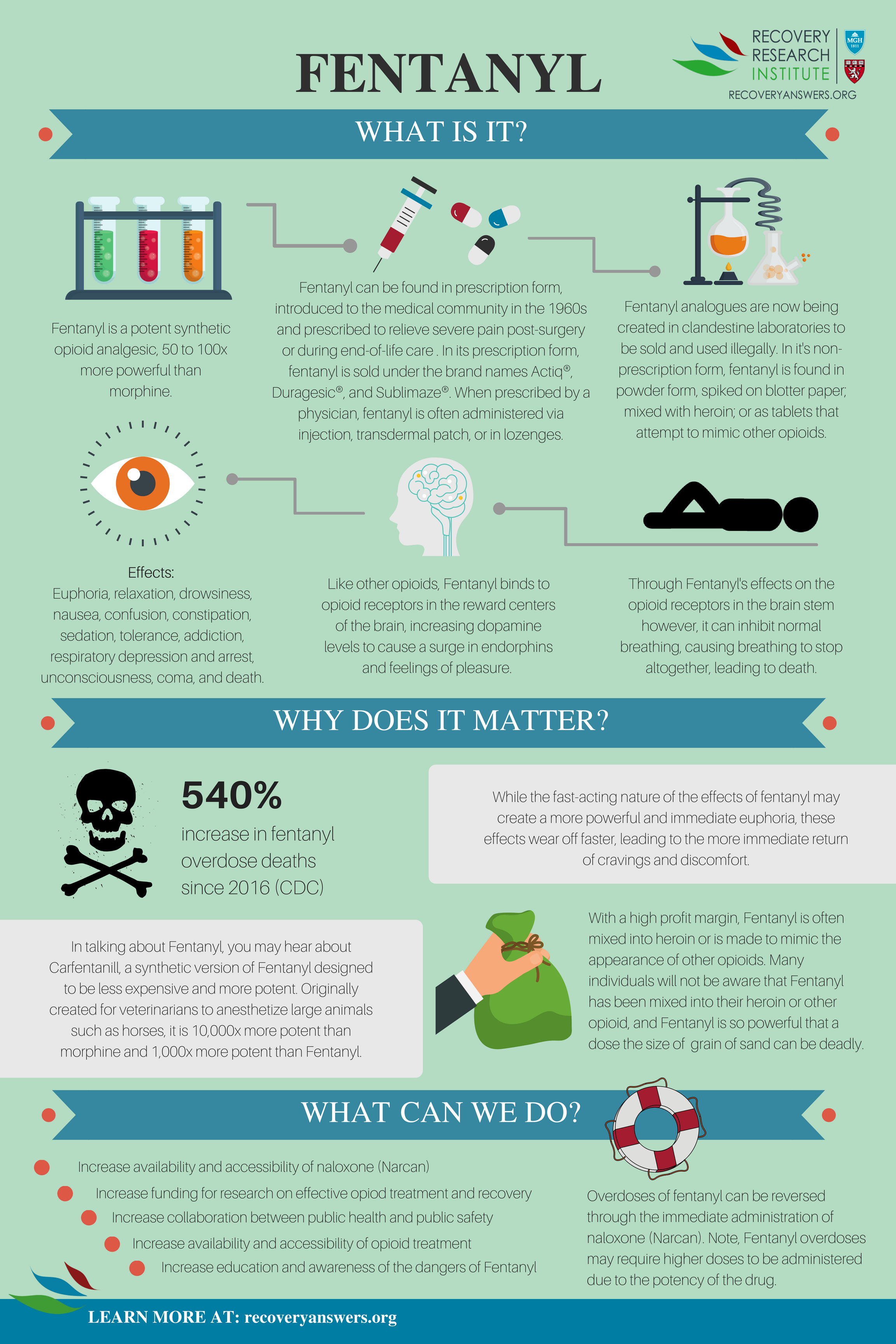Learn Exactly How To Build A Strong Aftercare Strategy After Drug Rehabilitation And Attain Long-Lasting Success
Learn Exactly How To Build A Strong Aftercare Strategy After Drug Rehabilitation And Attain Long-Lasting Success
Blog Article
Write-Up By-Lawson Park
You've completed drug rehab, and now it's time to create an effective aftercare strategy to ensure your long-lasting healing.
Image this: you're an individual determined to stay clean and construct a meeting life. This short article will guide you with identifying ongoing support group, including treatment and counseling, and establishing healthy and balanced coping devices.
With these approaches, you'll be equipped to flourish in your journey of soberness.
Let's get started.
Identifying Ongoing Assistance Systems
You need to recognize a minimum of 3 ongoing support systems to ensure an effective healing after drug rehabilitation.
The first support system is your family and friends. https://www.usnews.com/news/health-news/articles/2022-01-19/opioid-addiction-treatment-in-jail-could-change-lives can supply emotional support, support, and help you stay answerable. WhiteSands 33660 can additionally offer a safe and understanding atmosphere where you can share your battles and triumphes.
The 2nd support system is your therapist or counselor. They can help you resolve any kind of underlying concerns that might have added to your addiction and provide support on exactly how to stay clear of relapse. They can also teach you coping devices and healthy methods to take care of stress.
https://telegra.ph/Find-Out-To-Identify-The-Revealing-Signs-Of-Substance-Abuse-And-Establish-Whether-You-Or-An-Enjoyed-One-Calls-For-Expert-Treatme-04-13 is a support system or a sober neighborhood. Being bordered by others that are going through comparable experiences can be exceptionally valuable. They can supply a feeling of belonging, comprehending, and deal valuable suggestions and support.
Incorporating Treatment and Therapy
To attain an effective recovery, it is essential for you to proactively participate in treatment and therapy sessions, as well as include them into your continuous support group. By doing so, you can make best use of the benefits of these therapy modalities and increase your possibilities of preserving long-lasting soberness.
Below are some key reasons why integrating therapy and counseling into your aftercare plan is important:
- ** Emotional Support: ** Therapy and counseling supply a safe space for you to reveal your ideas, feelings, and battles pertaining to your dependency. It allows you to work through any kind of unsolved issues and establish healthy and balanced coping mechanisms.
- ** Relapse Avoidance: ** These sessions furnish you with the needed tools and strategies to stop regression. They help you recognize triggers, develop coping skills, and establish a strong foundation for taking care of cravings and stress.
- ** Personal Growth: ** Treatment and therapy promote individual growth and self-discovery. They help you obtain understanding right into the underlying root causes of your addiction, enhance self-worth, and establish healthier connections.
Developing Healthy Coping Systems
Throughout therapy and therapy sessions, it's vital to proactively service developing healthy coping mechanisms in order to efficiently take care of anxiety and difficulties.
You require to determine and recognize your triggers, those things that create you distress or stress and anxiety. By recognizing these triggers, you can develop approaches to deal with them in a healthy and balanced method. This may include exercising deep breathing exercises, taking part in physical activity, or discovering an innovative outlet to express your emotions.
It is very important to likewise border on your own with a strong support system of loved ones who can supply motivation and support.
In addition, self-care activities such as getting sufficient rest, eating well, and exercising leisure methods can significantly contribute to your general well-being.
Conclusion
In the journey in the direction of recovery, creating a successful aftercare plan is like often tending to a delicate garden. Equally as a garden enthusiast nurtures each plant with care and attention, so too should one grow ongoing support group, incorporate therapy and therapy, and develop healthy and balanced coping systems.
By doing so, the seeds of healing will blossom into a prospering garden, offering a strong foundation for a brighter, drug-free future.
